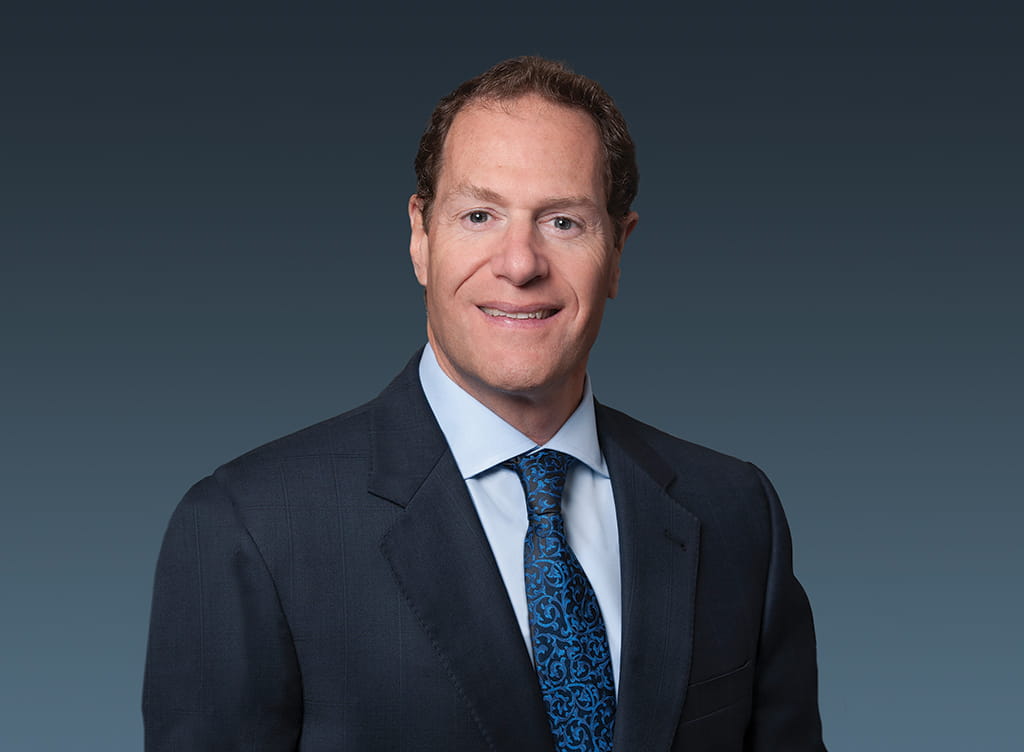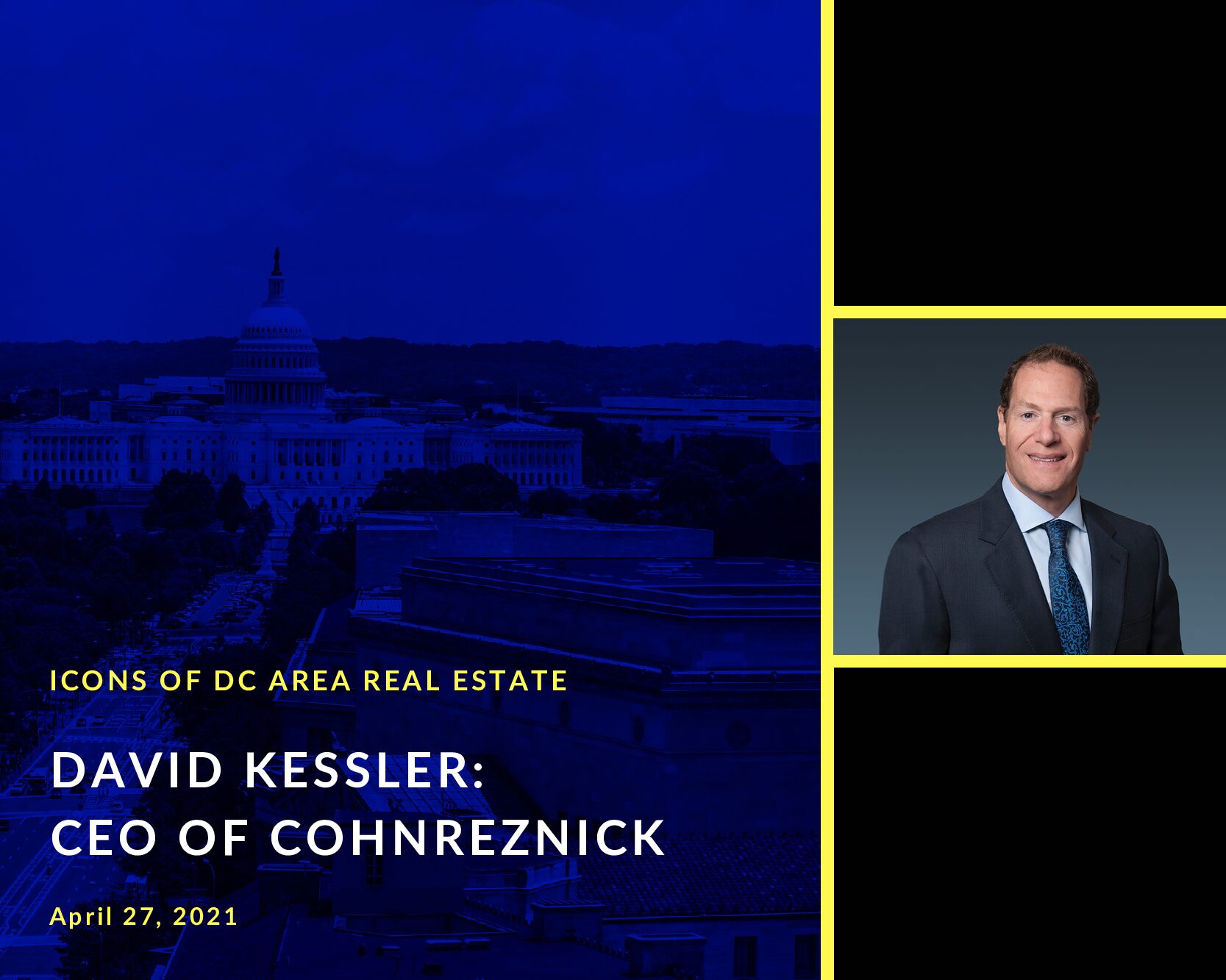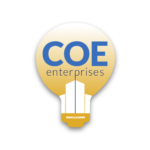

Bio
David Kessler is Chief Executive Officer of CohnReznick with responsibility for overseeing the strategic priorities, operations, people, and client service initiatives for the firm. In this capacity, he works with the Executive Board and other firm leaders to realize CohnReznick’s sense of purpose: creating opportunities for our people, making a difference for our clients, and strengthening our communities. David has over 30 years of experience providing audit, tax, and management advisory services to the real estate and financial services industries, representing clients nationally.
Before his election as CEO, David was Managing Partner – Real Estate Industry where he oversaw the firm’s largest practice group consisting of affordable housing, commercial real estate, construction, corporate real estate, and tax credit services. As a community development leader, David represented lenders, developers, syndicators, private equity funds, institutional investors such as life insurance companies and pension funds, asset management companies, property management companies, REITs, and loan funds. His work included assisting clients with a variety of tax incentives and credit programs including low-income housing tax credits, New Markets Tax Credits, historic tax credits, energy credits, and Opportunity Zones.
David designed and has taught a real estate accounting graduate-level course at Georgetown University’s School of Continuing Studies and the University of Maryland’s School of Architecture, Planning, and Preservation as part of each university’s graduate degree program in real estate development. He has been a frequent speaker at real estate industry conferences throughout the country.
Show Notes
- CEO role evolved quickly after leading Real Estate Practice locally (4:20)
- Decisions on March 12th to shut down in office operations to be WFH only (5:10)
- Technology adaptation was more or less seamless right before tax deadline (5:50)
- Scale of CohnReznick- 19 offices nationally (6:30)
- People working remotely from offices
- 3000 in US (7:00)
- 500 people in Chinai India (7:15)
Origins
- Born in DC and raised in Adelphi, MD (7:30)
- Dad was a liquor sales distributor, Mom an adminstrator (8:35)
- Grandfather was an accountant..other grandfather was in the laundry business (8:55)
- Even if it is not broken, change it anyway (9:35)
- Thrives in change (9:55)
- Exposed early on to financial forecasting (11:50)
- Called on by four different parties to opine on a projection (12:10)
- Testament to firm to look at a variety of options (13:00)
- Always worked from 14 yrs. old (13:50)
- Went to University of Maryland and sat with advisors to look at options (14:10)
- Majored in accounting and finance (14:30)
- Interned at IRS (14:40)
- Pulled toward public accounting, but thought about working at IRS (14:50)
- Interviewed with many of the large firms including Kenneth Leventhal (15:15)
- Interviewed then with Reznick, Fedder & Silverman (last firm he met) and felt a good “vibe” in the office that attracted him to the firm (15:30)
Career Arc
- Reznick, Fedder & Silverman (predecessor company to CohnReznick) was a real estate oriented firm, but he didn’t know it at the time he was hired (18:00)
- Quickly learned that it was a national practice out of two offices due to its reputation in real estate (18:30)
- David Reznick, Stu Fedder and Ivan Silverman were with Alexander Grant and decided to start their own firm in 1977 with 8 people and grew to over 100 people in 1985 when he joined (19:50)
- Apartment developers for affordable housing (20:30)
- Oxford, NHP, Syndicators (20:45)
- 1986 tax act propelled them into more “corporate world” (21:00)
- Corporations investing in tax credits…they provided services to them (21:30)
- Experts in all types of tax credits (22:00)
- Morphed into commercial real estate practice (22:20)
- Works with REITs for everything except auditing with advisory work (22:40)
- Big 4 may do audits, but they do things that focus on real estate needs (23:00)
Changes in Industry
- Technology changes (24:00)
- Data analytics to help inform decisions and efficiencies (25:15)
- Creating bots to evaluate data (25:25)
- Human element needed to deal with complexities (26:00)
- Coordinate among offices (26:55)
- Merger from RF&S into J.H.Cohn to form CohnReznick (27:30)
- RR&S was 80% real estate yet the 20% other work needed more synergy (28:30)
- Found Cohn to be a great partner with a footprint that was heavily Northeast (29:10)
- Only 5-10% real estate, but heavy in other businesses and international (29:35)
- Complementary with geography and services (29:55)
- Firm is now 13th in the nation (30:25)
- Consolidation and mergers happen for several reasons (30:45)
- Succession is one- Dave Reznick created a succession plan with mandatory retirement plan (31:00)
- Can’t keep up with technology either in expense or capability (31:50)
- Don’t believe firm should grow for the sake of scale only (34:15)
- Compete for advisory work, but not audit work (34:55)
- Differentiation of the firm compared with other firms (35:25)
- 1,000 real estate oriented accounting professionals (35:45)
- Ask why and why not us?- Team has a great relationship and are natural with each other. (36:15)
- “Dirt people”- understand deal structures, institutional viewpoint, lender viewpoint (36:45)
- Competitors may understand “funds” but not real estate (37:30)
- Deal with entrepreneurial clients that larger firms wouldn’t work with (38:15)
- Help companies start up even or recommend smaller firms (38:40)
Influences
- Dave Reznick was a huge influence- he always “cared” about the clients’ needs (39:30)
- Big thinker and problem solver (40:20)
- Relied on other people- team sport (40:30)
- Come together as a team to help clients bringing strengths from others (41:10)
- Tireless guy- Pick me up at 5am and plan several other meetings on a business trip (41:30)
- Call someone at the last minute to get a meeting when traveling (42:00)
- Networker- business card on every seat on an airplane (42:45)
- Always be learning (43:20)
- Model transactions for diligence and other strategies that were pioneering (43:45)
- Worked with Treasury and HUD (44:15)
- Interpreting rules and regulations with attorneys (44:30)
- HUD Hope VI Program innovations (44:40)
- Advice for new clients (45:45)
- Convert from being a best in class developer into a discretionary fund structure (46:45)
- Discuss nuances of structuring (47:15)
- Emerging funds (47:45)
- Work with JV operating partners for fund partners (48:00)
- Work closely with attorneys (48:30)
- Have a broker/dealer to help raise capital (48:50)
- Involved with strategy to decide what to do in situations (49:10)
- Sometimes asked by institutions to help their counterpart partners in transactions (49:50)
- Convert from being a best in class developer into a discretionary fund structure (46:45)
- SPACs- “SPAC Attack”- Special Purpose Acquisition Company (50:45)
- IPO for a company with no initial assets except cash to acquire companies (51:10)
- Providing liquidity to the market that otherwise wouldn’t be there (52:30)
- Working both with SPACs and targets of SPACs (52:55)
- Strategic thinking to determine whether to be a public company and merge into a SPAC to expedite this or raise a discretionary fund alternatively and not be public (54:00)
- JBG Smith case– Needed a liquidity event to help transition of senior partners to “leave or retire” (56:50)
- Rappaport Company case- Strategy to keep assets (58:45)
Pandemic Influence
- Already going toward a more streamlined use of office space even pre-pandemic (59:40)
- Began transitioning space to an agile working environment (1:00:45)
- 10-15% of people are in offices now (1:01:00)
- Hybrid of office and home work environments (1:01:30)
- Educational benefit of “in presence” help and collaboration (1:01:50)
- People used to “not commuting” and managing their time more efficiently (1:02:45)
- May be 3 days per week work in office and 2 days at home (1:03:00)
- More suburban office hubs (1:03:45)
- DC market resilience (1:04:30)
- Amazon HQ2 influence (1:04:40)
- Technology changes (1:05:00)
- Last mile distribution (1:05:25)
- Flexible work and living space (1:05:40)
- Service Companies evolving to be more profitable than the real estate itself (1:06:45)
- WeWork (1:08:00)
- Airbnb (1:08:20)
- Why Hotel (1:08:45)
- Tech companies (1:09:15)
- Software development internally to generate and mine data (1:09:30)
Relationships
- Working with former colleagues who have moved into private companies that are now clients (1:11:15)
- Stef Tucker may refer Gary Rappaport to speak with him (1:11:50)
- Tom Bozzuto (1:12:10)
- Doug and Norman Jemal (1:12:20)
- Bob Kettler
- John Shooshan
- Teaching at Univ. of MD in the MRED program (1:12:50)
Consideration to Leave Accounting?
- Came close to joining a real estate company in Wisconsin (1:14:30)
- Decision that he wanted to be a partner (1:14:50)
- Likes variety (1:15:30)
- Sometimes things pop up (1:16:20)
Characteristics of a Good Real Estate Accounting Professional
- Understanding business of client and strategy and deal (1:17:00)
- Understanding goals of client and advisors (1:17:20)
- Provide alternatives and being clear about risks and opportunities (1:17:30)
- Involve others in firm that offer experiences from different perspectives (1:17:50)
- Being responsive timely and of quality (1:18:00)
- Half of what they do is compliance in nature (1:18:40)
- Involvement in industry organizations (1:19:15)
Events
- Wins- His role (1:19:50)
- Seeing interns or new professionals become very successful (1:20:15)
- Every new client is a “win” (1:20:45)
- Example of “renewable energy” company saying that they would not be successful with them (1:21:00)
- Worked with a public company who wanted them involved and investment banker was skeptical and then hired them and it all worked out (1:22:00)
- Losses or Learnings
- Client losses- learn to pay attention to every client (1:24:15)
- Be open and honest- transparency (1:24:45)
- Timing of priorities (1:25:15)
- Don’t internalize or stress (1:25:45)
- Seeing partners pass away that impacted him and his business (1:26:00)
Life Priorities
- Two adopted children (1:26:40)
- Quality of time with children more important than quantity (1:27:00)
- Events with family important
- Exercise important
- On board of Junior Achievement (1:28:10)
- On board of Barker Adoption Organization
- Volunteers time to various organizations
- 25 Yr. Old Self- Give your all and look to how you can improve and what to contribute to your organization (1:29:00)
- Make a contribution that’s over and above
- With every opportunity comes another opportunity (1:29:50)
- Cites early morning events and sits next to the owner of Gibson Guitars (1:30:30)
- Find “nuggets” (1:31:15)
- Billboard- “Enjoy every moment…life is short” (1:31:30)
Postscript
- Introducing Colin Madden (1:32:45)
- David was “entrepreneurial” (1:33:50)
- Colin did start in public accounting at McGladrey (1:34:30)
- He joined Carlyle
- “If it ain’t broke, fix it anywhere”
- David a bit more of a consulting and client service orientation (1:38:00)
- Common thread- People and Networking
- Family first
- Culture influence in Washington DC real estate
- Reputation is important
- Adjustment coming in office use
- Hospitality feeling
- Customer service critical
- More of an experience in retail is necessary

